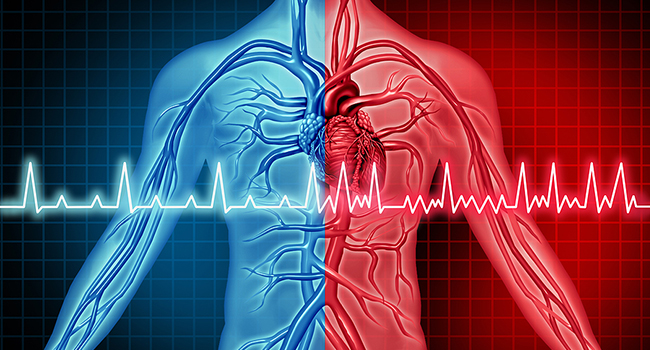
Catheter ablation, a procedure aimed at correcting abnormal heart rhythms like atrial fibrillation (AF), has gained attention for its potential positive impact on mental health. A clinical trial conducted in Australia, known as the REMEDIAL trial, has provided insights into how this procedure might offer more than just relief for the heart—it could also alleviate symptoms of anxiety and depression in AF patients.
What is Catheter Ablation?
Catheter ablation is a minimally invasive procedure employed to treat irregular heart rhythms. It involves the insertion of thin, flexible tubes called catheters into the blood vessels leading to the heart. Once in position, these catheters deliver energy to specific areas of the heart, disrupting abnormal electrical signals and restoring a normal heart rhythm.
Clinical Trial
The REMEDIAL trial focused on whether catheter ablation could lead to improvements in psychological distress compared to standard medical therapy alone for AF patients experiencing symptoms. The findings revealed significant positive outcomes:
-
Reduced Psychological Distress: Participants who underwent catheter ablation experienced lower levels of psychological distress compared to those receiving only medical therapy. This improvement was observed at both 6 and 12 months after the procedure.
-
Decrease in Anxiety and Depression: Anxiety and depression symptoms were notably reduced in patients who underwent catheter ablation. Scores on measures such as the Hospital Anxiety and Depression Scale (HADS) and the Beck Depression Inventory-II (BDI-II) were significantly lower in the ablation group compared to the medical therapy group.
-
Lower AF Burden: Catheter ablation was associated with a lower burden of atrial fibrillation, meaning patients experienced fewer episodes of irregular heart rhythm. This reduction in AF burden may contribute to the overall improvement in mental well-being.
Implications
These findings suggest that catheter ablation effectively treats the physical symptoms of AF and also addresses the associated psychological distress. By reducing anxiety and depression, patients may experience a better quality of life and improved overall health outcomes.
It's important to understand that catheter ablation is not suitable for all AF patients and should be considered based on individual circumstances and medical advice. However, for those who are eligible, this procedure could offer a holistic approach to managing both the heart and mind.
Conclusion
The REMEDIAL trial highlights the potential dual benefits of catheter ablation for atrial fibrillation patients. As research continues to explore the relationship between cardiovascular health and mental well-being, these findings pave the way for a more comprehensive approach to AF treatment.
